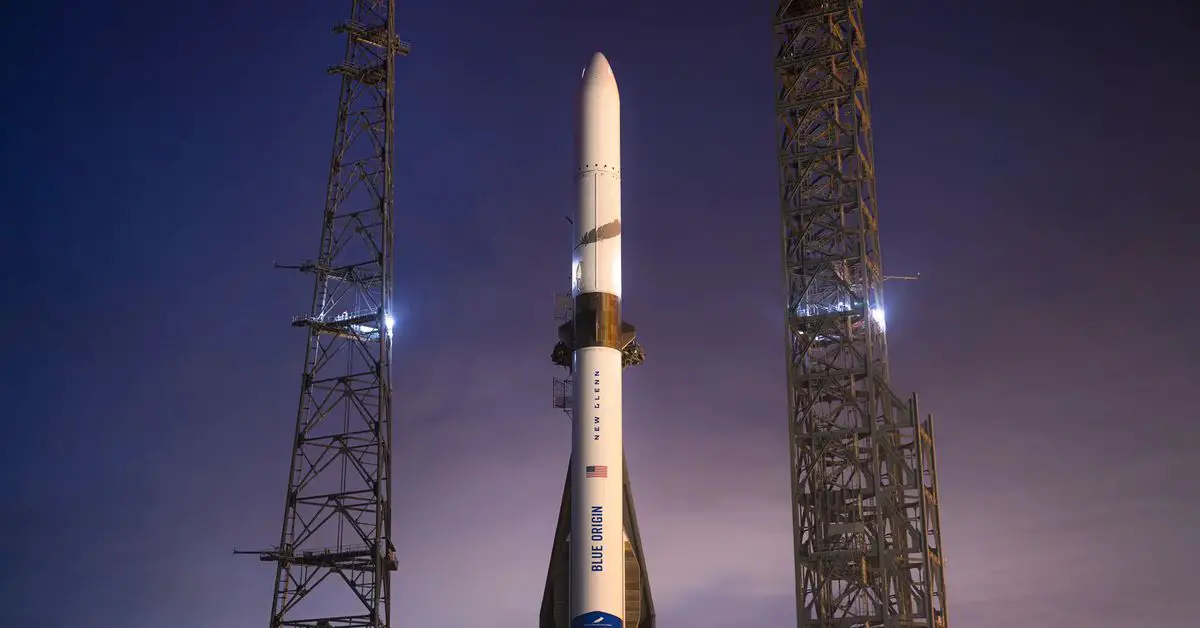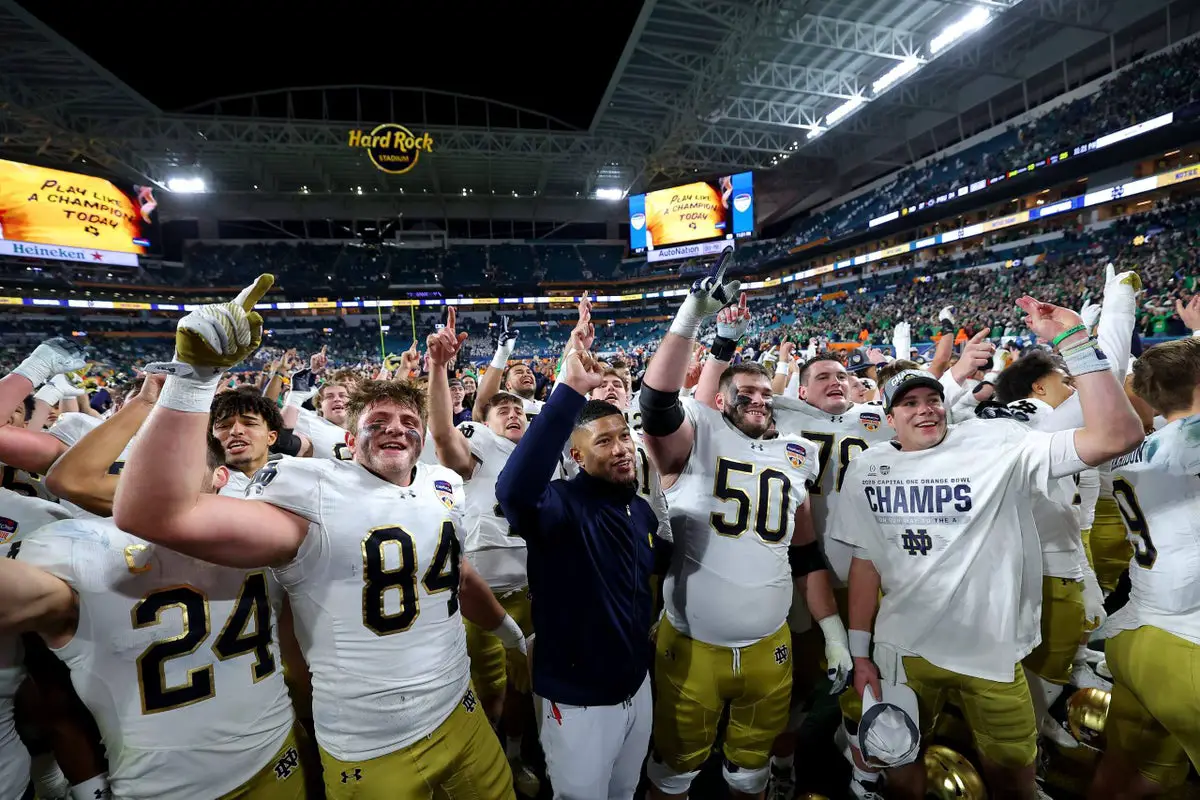
Microsoft has poured over $100 billion into developing its Bing search engine over the past two decades but has little market share to show for it. About nine out of every 10 web searches in the US are made through Google, with Bing splitting the remaining queries with a long list of small competitors.
On Thursday the US government asked a federal judge in Washington, DC, to rule that Google maintains that lead illegally, by unfairly manipulating users to keep Microsoft and other competitors down.
Google’s dominance drove the US Department of Justice to sue the company in 2020 alleging that it had violated antitrust law by using exclusionary contracts to maintain a monopoly. The two sides went into a secretive trial at the end of last year before breaking for nearly five months for US Judge Amit Mehta to digest the evidence.
Mehta heard closing arguments on Thursday, with government attorneys arguing that without his intervention Google’s dominance would remain in years to come—despite nascent threats from AI chatbots like ChatGPT. “The search engine industry has been impervious to any competitor entering,” attorney Kenneth Dintzer said.
The case is the first to go to trial out of a handful of lawsuits the government has brought against the biggest tech companies since stepping up antitrust scrutiny of the industry in 2019 under then-President Donald Trump. The Biden administration hasn’t let off the gas.
Central to the government’s case against Google is the over $20 billion it says that Google pays Apple annually to be the default search engine on iPhones and the Safari browser across much of the world. Google pays an additional more than $1.5 billion a year to wireless carriers and device makers, and more than $150 million to browsers, for similar defaults in the US, according to the government. Google can afford to pay those sums and still enjoy enormous profits because it has the US market for search and search ads cornered, the government alleges.
Google’s attorneys counter that companies such as Apple choose Google as the default because it offers a better experience to users, not just because they are getting payouts. When browsers such as Mozilla have opted for alternatives to Google, they have lost users because of the change, the search company argues. “Google lawfully acquired monopoly power and scale,” attorney John Schmidtlein told Mehta. “Microsoft missed the boat.”
Before Mehta now is the question of whether Google unfairly earned its popularity.
Profit Boost
Google’s deals with Apple date to 2002, when the Safari developer first gained the option to integrate Google search into the browser, according to court papers. The payments started after Google cofounder Sergey Brin in 2005 raised the idea of sharing a slice of the company’s blossoming search revenue or “helping Apple out in other ways,” Brin wrote, according to court papers.
But in a deal struck that year, Google got something in exchange for agreeing to pay Apple half of its sales: Google search would be required to be the default in Safari. The requirement has spread to more Apple services in the years since, while the revenue share and related incentive fees have fluctuated.







